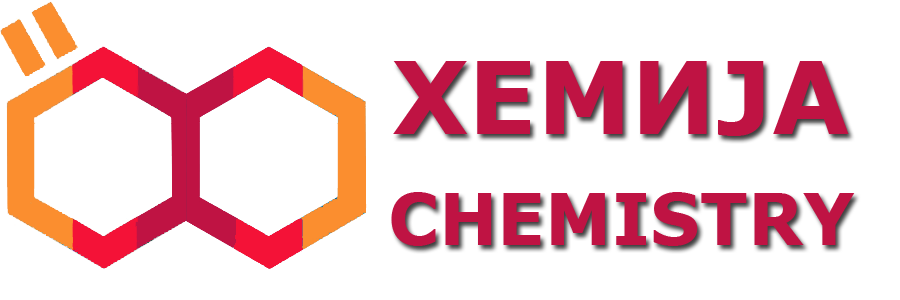[RRI Good Practice] Chemistry in primary school - How to have a safe life
What is the good practice about?
"Chemistry in primary school - How to have a safe life" is a series of workshops that establish a link between the materials that students learn in school with everyday life. In this initiative, the team specifically deals with safety issues including fire hazards, unhealthy food hazards, toxic gas hazards, various household products and chemicals, and other similar circumstances. Through examples, presentations and, where appropriate, specific experiments, students master the material, noticing the scientific background of everyday situations and measures that should be taken on the basis of scientific facts for security purposes.
Expected outcomes include
- Students are able to identify sources of chemical hazards in the house (fire, food, medicine, poisonous gases, household chemicals, etc.)
- Students are able to explain the chemical and general scientific background of identified chemical hazards, age-appropriate
- Students have developed knowledge and skills that enable them to act safely and know the procedures related to chemical safety in everyday life.
Why is this initiative needed?
The main motive for initiating such activities is the situation in which eight young people died from poison gas poisoning in Herzegovina in early 2021 due to failure to recognize the danger of products of incomplete combustion of natural and other gas mixtures in the household. The event pointed out that the education system needs to be improved in order for young people to recognize and prevent potential dangers by developing the competence of safe handling and handling in everyday life, which basically has scientific concepts, primarily chemical science.
What are the main objectives and activities?
The main goal is to raise the so-called safety competencies for students by connecting materials from the subject of Chemistry with everyday life. Activities are carried out through workshops for students and training for chemistry teachers. The workshops are also practical theoretical and experimental exercises on a given topic. The trainings are interactive and concern the development of didactic tools for connecting materials with topics of interest.
It is planned to cover six topics, three per semester in two-hour workshops. Two two-hour trainings for teachers are also planned.
Who is involved?
In the activities so far, elementary school students had the opportunity to stay at the Department of Chemistry and through the implementation of a pilot project in this area go through the basics of chemical safety before taking any activities. Also, the Department's team has developed a safety manual for its students and employees, but the manual is also available to primary and secondary schools, which use it in their practice (eg Banja Luka, Gymnasium). This indicates that the main stakeholders are students and teachers, and the program will be offered to the Republic Pedagogical Institute and the relevant Ministry after the analysis of the success of the pilot project and the finalization of the "Safety Curriculum". The ultimate goal is to start a summer school "ChemSafety Curriculum".
The project is being implemented at the Faculty of Natural Sciences and Mathematics and in schools that show interest. Space, basic accessories and consumables are provided by the faculty, and all possible approved funds are invested in curriculum development, per diems for teachers and associates and additional didactic materials. Part of the activity is carried out through the Open Days at the Department, and part through the ChemSTEM project.

Can this good practice be replicated?
This practice can be replicated to a high degree in any other system. It can be used by all primary and secondary schools to the extent they are interested. Adjustments can be made very quickly and efficiently depending on the equipment of the school, and the number of students and teachers. The internship is realized in the local language, but due to its universality, it is immediately available in other languages with an appropriate professional translation. The practice is inclusive and includes all students, and an additional customized program for students can be developed that has any limitations. The practice can also be applied to lifelong learning models, not only for teachers of chemistry and other natural sciences but also for other groups or the general population.
Further links:
https://hemija.pmf.unibl.org/en/
https://hemija.pmf.unibl.org/wp-content/uploads/2020/06/Safety-Instructions-for-Chem-Lab.pdf
https://hemija.pmf.unibl.org/en/experimental-classes-and-laboratory-exercises-for-students-of-the-elementary-school-georgi-stojkov-rakovski/
https://www.facebook.com/sphemijapmfbl
https://www.instagram.com/sphemijapmfbl/
Relevant RRI keys:
Science Education
Type of practice: Organisation of training, webinars, Peer learning/mentoring
Target groups: youth (children, pupils), students (up to Master level)
- Bosnia and Herzegovina
- Cross-thematic/Interdisciplinary
- Medical and Health Sciences
- Natural Sciences
Entry created by Elke Dall on June 1, 2022
Modified on June 2, 2022

